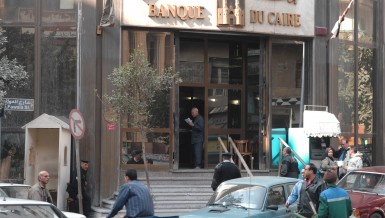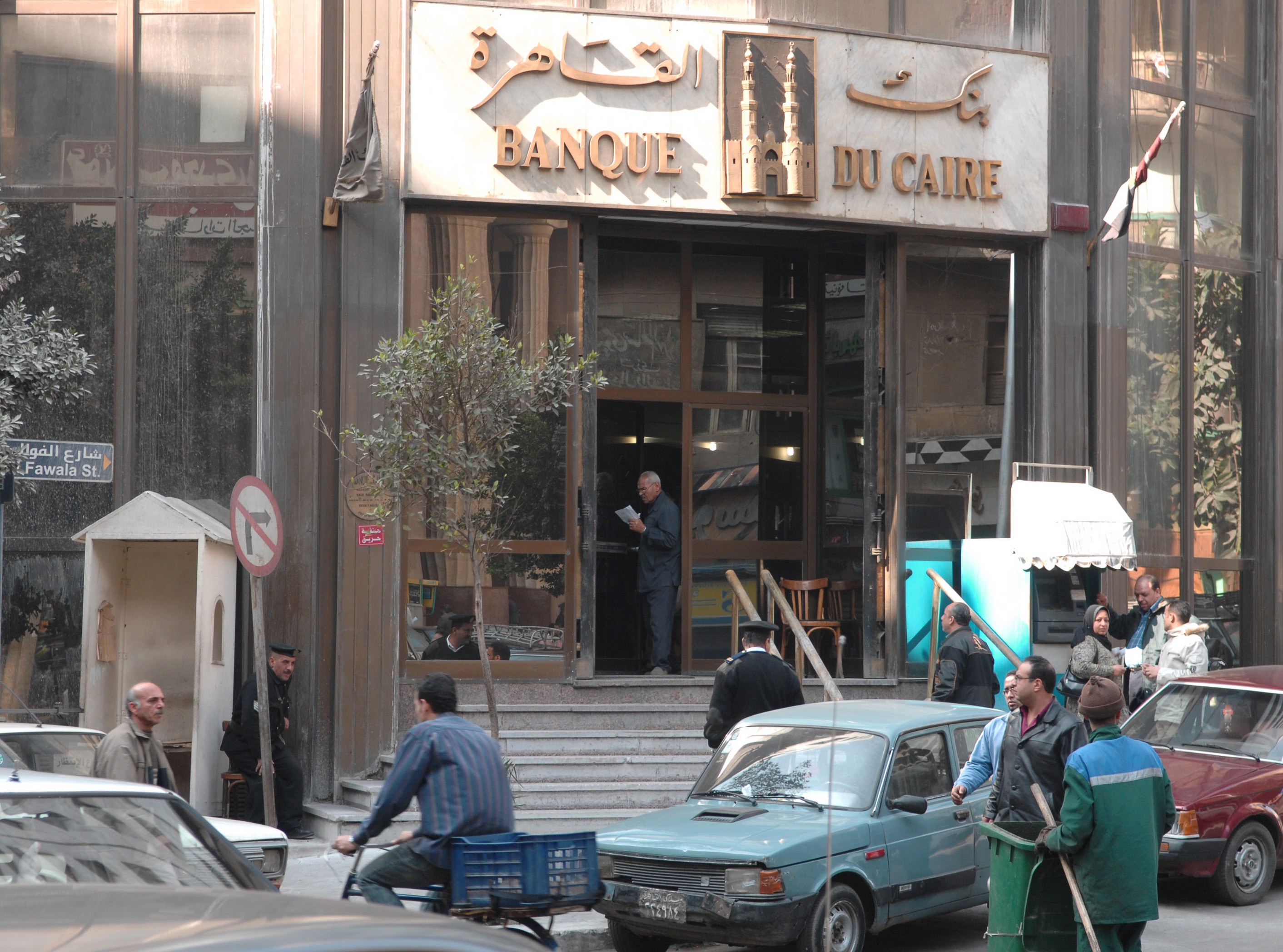
(DNE File Photo)
By Doaa Farid
Banque du Caire’s net profit spiked year on year 2012 as the lender introduced new products catering to clients’ demands, bank officials said in a Monday presser.
While gross profit more than quadrupled in 2012 to EGP 1.4bn, a 215% increase from the EGP 0.4bn recorded in 2011, post-tax profits rose EGP 830m from EGP 44m the year before. Net interest income also increased by EGP 804m to reach EGP 2.27b compared to 1.47b in 2011.
“We have the qualifications that enable us to achieve this profit; we have a good geographical distribution, large base of customers and the qualified leaders,” said Mounir El-Zahid, chairman and CEO of Banque du Caire. El-Zahid added that the bank has applied a bundle of enhanced policies and procedures related to the development of core banking activities.
It has also established guidelines for the launch of new products and services aimed at strengthening the bank’s role in economic development and satisfying the needs of customers, he said.
El-Zahid added that the bank’s profits reached these rates as a result of the EGP 7bn increase in assets to EGP 56bn in 2012 compared to EGP 49bn in 2011, noting that the return on assets reached 1.58%.
Higher profits have been reflected in a return-on-equity increase to 27.5%, compared to 1.67% in 2011.
The chairman, who was appointed in September 2011, stressed that the bank’s strategy focuses on “creating value” – rather than just profits – to contribute growth across various sectors of the economy.
Total revenues from the core banking business reached EGP 2.66bn – compared to EGP 1.76bn in 2011 – through the increase of interest related to loans, treasury bills and bonds.
Executive Vice Chairman Mohamed Taha said issuing treasury bills is a way for the bank to maintain investments. “We have a social responsibility in addition to our aim of achieving profits; if there is another profitable investment more than treasury bills, we will definitely go with it,” he said, adding that there is “no shame in the government borrowing from banks, but it must not use this debt tool permanently.”
El-Zahid meanwhile noted that the bank’s total loans balances reached EGP 21bn in 2012 compared to EGP 17bn in 2011, which he said came as a result of restructuring operating procedures within the branch network and granting loans to various institutions.
The bank’s deposits portfolio, El-Zahid said, increased by 12% to reach EGP 49bn at the end of 2012 following the launch of several new products including various types of certificates of deposit in local and foreign currency. The loans-to-deposits ratio also increased to 41.9%, versus 36.6% in 2011.
Banque du Caire is among several Egyptian banks which have faced credit rating downgrades from a number of leading international agencies such as Capital Intelligence (CI), Moody’s, Fitch Ratings amid poor economic performance and slow economic growth in Egypt.
However, according to Hala El-Kasar, the head of risk management for the bank, such downgrades will not affect the bank as it “has diverse sources of investments.”
The bank paid taxes of EGP 548m to the state in 2012 compared to EGP 394m in 2011.
El-Zahid meanwhile noted that Banque du Caire had been ranked the top bank in Africa, according to Financial Times ranking for the banking sector, while also stressing on the banking sector’s pivotal role as the backbone of the economy. “It has been doing well not only since 2011, but also during 2008’s economic crisis,” he said, adding that in 2008 crisis, governments had been supporting banks to help them survive, but now in Egypt, banks are the ones supporting the government.
The bank considers its profit “very conservative”, but is aiming for sustainable growth and expects higher levels in 2013.




